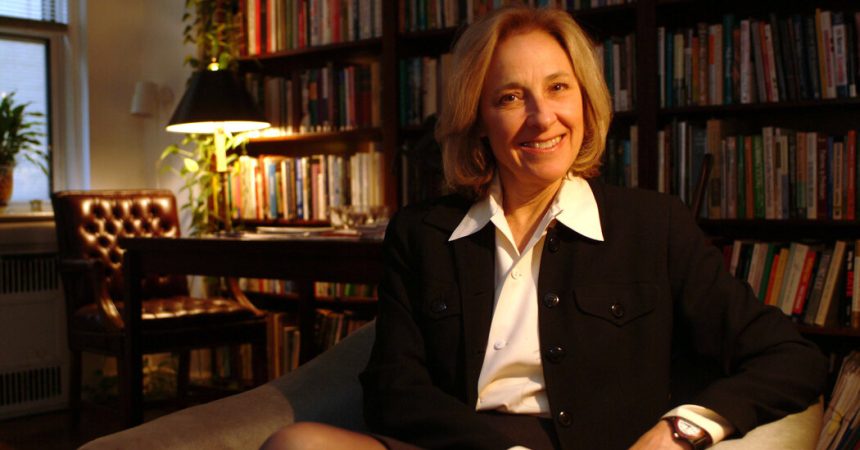Helen E. Fisher, a biological anthropologist who went looking for love in the brain circuitry of people who were besotted as well as people who were rejected, and whose research into love led to a role as the chief science adviser to the dating service Match.com, died on Saturday at her husband’s home in the Bronx. She was 79.
John Tierney, her husband, said the cause was endometrial cancer. Dr. Fisher split her time between her husband’s apartment and hers in Manhattan.
“Around the world, people love,” Dr. Fisher said in a 2008 TED Talk. “They sing for love, they dance for love, they compose poems and stories about love. They tell myths and legends about love. They pine for love, they live for love, they kill for love and they die for love.”
Dr. Fisher had already been studying sexual behavior formore than 20 years, but she believed that there was an undiscovered scientific basis for love, an intense, often irrational, human mating drive.
“People have resisted thinking that romantic love actually is a brain system,” she said on the NPR program “TED Radio Hour” in 2014. “They’re scared that it will break the magic. They want romantic love to be part of the supernatural.” She added: “Why do we want to feel that it’s supernatural? ’Cause it feels so good.”
She and two collaborators used magnetic resonance scanners to detect increases and decreases in blood flow — indications of neural activity — in the brains of 17 college students in the throes of new love. Their research confirmed for the first time that love is hard-wired in the brain.
The New York Times











